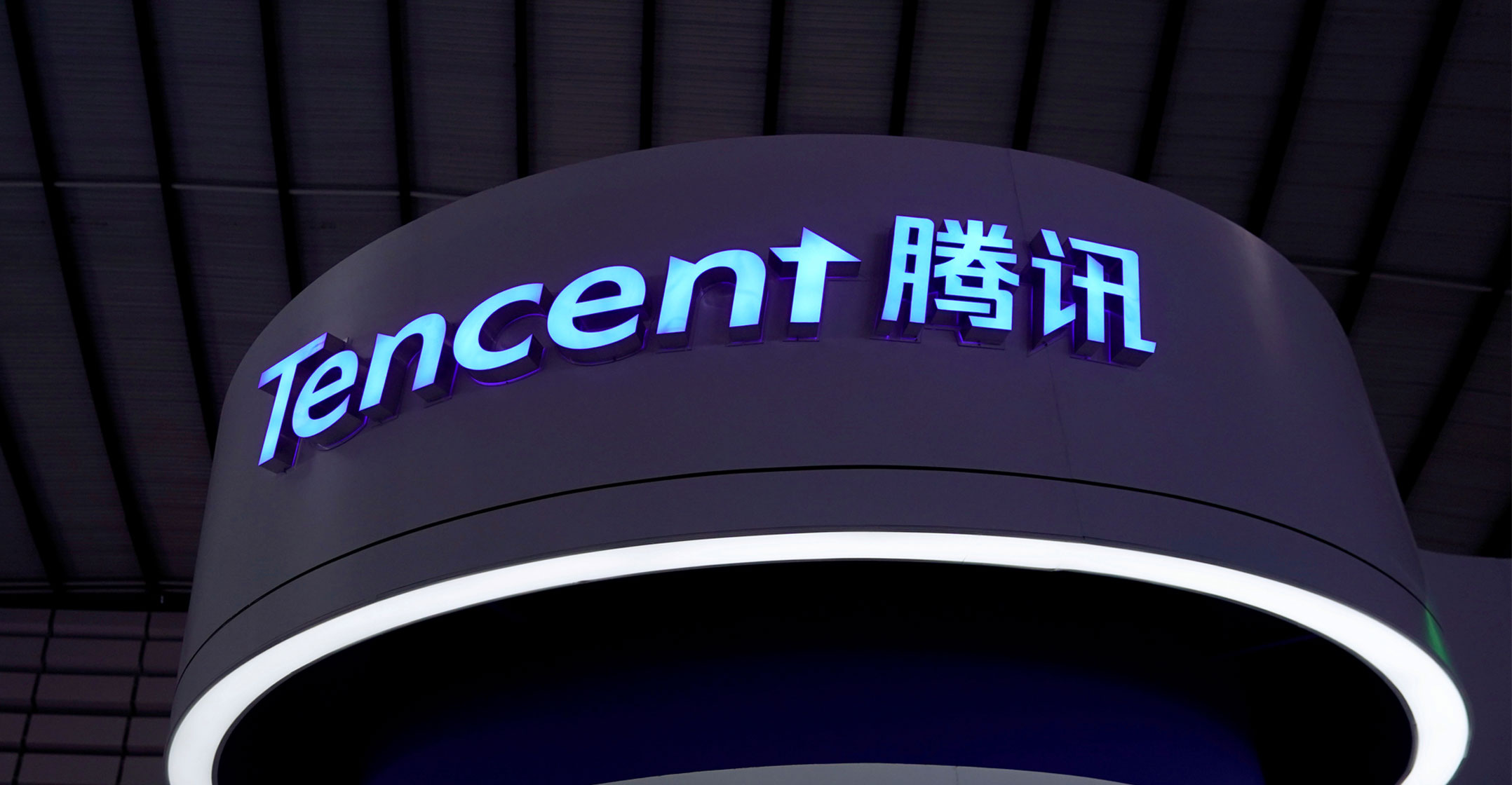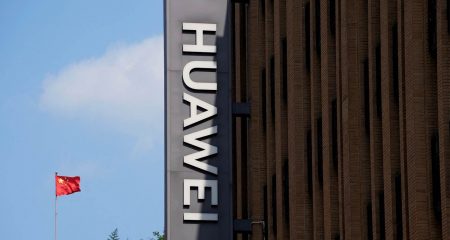
Revenue at Chinese social media and gaming giant Tencent grew just 8% in the fourth quarter, the slowest pace since it went public in 2004, reflecting regulatory scrutiny that has hurt both its gaming business and advertising sales.
China has frozen game approvals since August last year and curtailed gaming time for under-18s, part of Beijing’s move to strengthen control over its society and industries including technology, after years of unbridled growth.
This has also led to a slowdown in advertising as businesses have cut spending.
Tencent Holdings, which gets much of its revenue from gaming and develops games such as Honour of Kings and Call of Duty Mobile, said domestic gaming sales grew 1% in the quarter ended 31 December.
The restrictions on minors were effective as the total time spent by children on its games sank 88%, Tencent said, adding that the impact of this factor on revenue growth would ease later in the year.
“As we move into the latter half of 2022, it should cease to impact the revenue growth rate,” chief strategy officer James Mitchell told reporters on a call on Wednesday, referring to the minor-protection measures.
Tencent president Martin Lau said regulators were still supportive of the gaming industry, adding that the company had a ready pipeline of games for when approvals resumed.
The company, which also posted its slowest-ever annual revenue growth at 16%, said revenue in its online advertising business fell 13% in the fourth quarter. It expects its ad business to resume growth in late 2022 after companies adjust to regulatory requirements.
Revenue
Total revenue rose to C¥144.2-billion ($22.6-billion) in the quarter, below an average of C¥147.6-billion expected by 17 analysts, Refinitiv data showed.
Beijing has also issued rules to regulate financial holding companies, directing Tencent peer Alibaba’s affiliate Ant to turn itself into a financial holding company with capital restrictions.
Lau, who had previously said that creating a financial holding company would not impact its business, repeated his stance on Wednesday and said Tencent was proactively discussing whether it qualified for such a licence.
“Going forward we feel that we’ll continue to see new regulations coming in but the incremental ones will be less than the bulk of regulations that happened in the first couple of years,” Lau said. He said he expects growth in staff numbers this year to be much slower than in previous years as companies pay more attention to efficiency and costs.
Tencent’s stock has lost more than a third of its value in the past 12 months. Still, their shares have rallied in recent days
Tencent’s stock has lost more than a third of its value in the past 12 months, while Alibaba’s has more than halved. Still, their shares have rallied in recent days after Chinese vice Premier Liu He said last week that Beijing would roll out support for the economy and keep markets stable.
Tencent said on Wednesday its adjusted profit for the December quarter fell by a fourth to C¥24.9-billion as costs rose. — Brenda Goh, (c) 2022 Reuters




